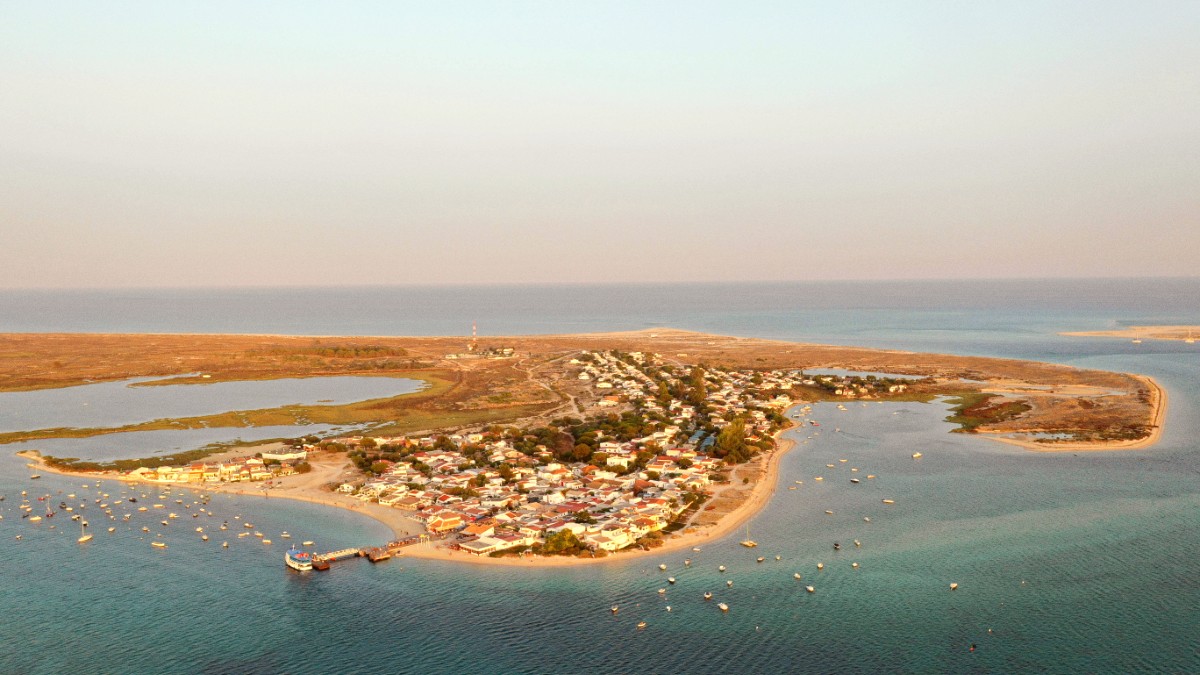
Portugal
The Ria Formosa Natural Park is a highly protected area. Adhere to rules, stay on marked trails, do not disturb wildlife, and never collect natural elements. Respect restricted areas.
Portugal has a comprehensive recycling system. Look for specific recycling bins (Ecopontos) in blue (paper), yellow (plastic/metal), and green (glass). Dispose of all waste properly; litter harms the Ria Formosa ecosystem.
The Algarve can experience water scarcity. Be mindful of water usage: shorter showers, turn off taps while brushing teeth, and report leaks. Every drop contributes.
Conscious decisions support a healthier planet and local community.
For air travel, consider purchasing carbon offsets. Many airlines or independent organizations offer programs where your contribution funds projects that reduce greenhouse gas emissions elsewhere, mitigating your travel's carbon footprint.
Look for accommodations and tour operators in Olhão that implement sustainable practices. Choosing such businesses supports the region's long-term ecological health.
Supporting local craftspeople and traditional businesses preserves Olhão's unique cultural heritage, like ceramic artists or those selling traditional food products.
Be discreet when taking photos in public spaces. Avoid intrusive photography that may make people uncomfortable. Respect private property and do not photograph inside people's homes or private businesses without explicit permission.
Seek out and support community-based tourism. This includes staying in family-run guesthouses, taking tours led by local guides, or activities that directly support local residents.
Support ethical travelPrioritize purchasing genuine local products and crafts. Buy fresh produce, seafood, and artisanal goods directly from producers at Mercados de Olhão. Cork products support local livelihoods and a renewable resource.
Shop sustainablyYour visit directly benefits the local community.
Opt for locally-owned accommodations, restaurants, cafes, and shops over international chains or large resorts. This keeps money within the local economy and supports local entrepreneurs. Dine at small, traditional restaurants (Tascas) that source ingredients locally.
Be aware of potential negative impacts of tourism, like over-tourism, resource exploitation, or displacement of local communities. Make choices that mitigate these effects.
Your consumption choices impact the local economy and environment.
Choose restaurants and markets that prioritize locally sourced ingredients, supporting farmers and fishermen.
Buy authentic, handmade local crafts rather than mass-produced items to support local artisans.
Minimize single-use plastics and seek out options for refilling water bottles. Use reusable bags for shopping.